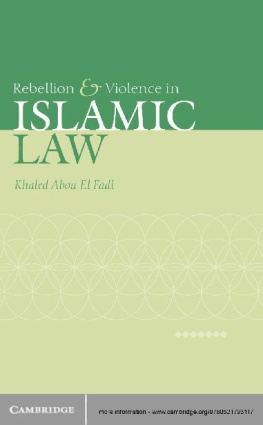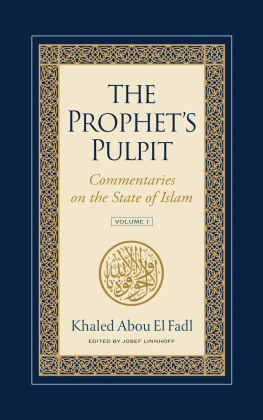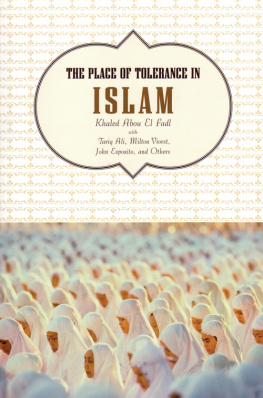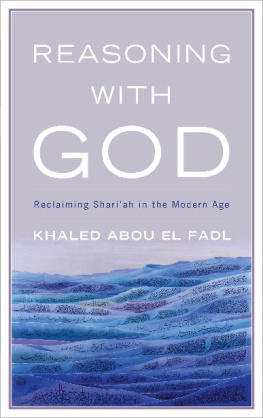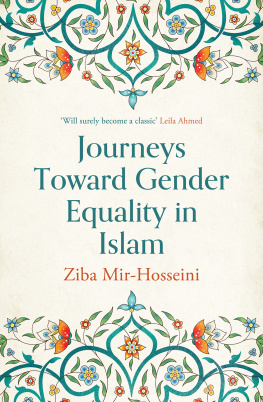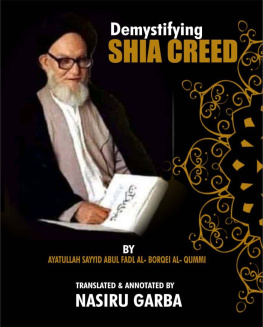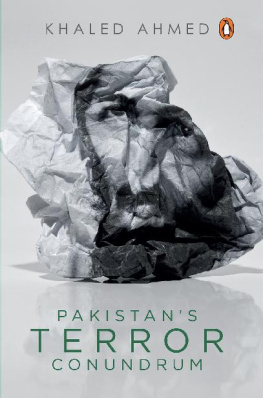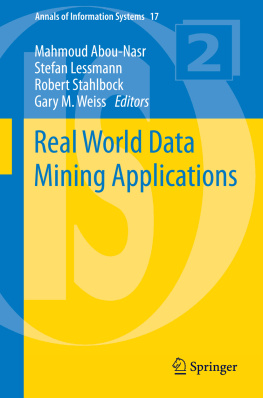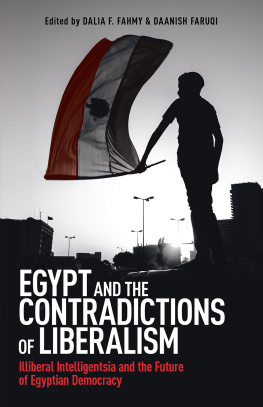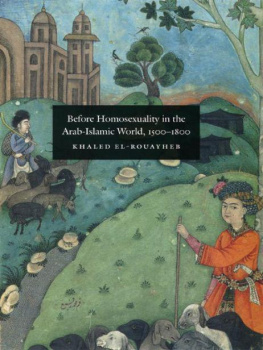Rebellion and Violence in Islamic Law
Khaled Abou El Fadls book represents the first systematic examination of the idea and treatment of political resistance and rebellion in Islamic law. Premodern jurists produced an extensive and sophisticated discourse on the legality of rebellion and the treatment due to rebels under Islamic law. The book examines the emergence and development of these discourses from the eighth to the fifteenth centuries, and considers juristic responses to the various terror-inducing strategies employed by rebels including assassination, stealth attacks, and rape. The study demonstrates how Muslim jurists went about restructuring several competing doctrinal sources in order to construct a highly technical discourse on rebellion. It also points to the ways in which they negotiated language, historical events, and religious doctrine to arrive at certain legal positions. Many of these rulings have been developed in response to challenges in Islams history and have come to influence contemporary Islamic practices. This is an important and challenging book which sheds light on Islamic law and premodern attitudes to dissidence and violence.
Khaled Abou El Fadl is an Acting Professor at the University of California Los Angeles School of Law. His publications include Speaking in Gods Name: Islamic Law, Authority and Women (2001).
Rebellion and Violence in Islamic Law
Khaled Abou El Fadl
University of California Los Angeles School of Law
CAMBRIDGE UNIVERSITY PRESS
Cambridge, New York, Melbourne, Madrid, Cape Town, Singapore, So Paulo, Delhi
Cambridge University Press
The Edinburgh Building, Cambridge CB2 8RU, UK
Published in the United States of America by Cambridge University Press, New York
www.cambridge.org
Information on this title: www.cambridge.org/9780521793117
Khaled Abou El Fadl 2001
This publication is in copyright. Subject to statutory exception and to the provisions of relevant collective licensing agreements, no reproduction of any part may take place without the written permission of Cambridge University Press.
First published 2001
Reprinted 2002, 2003
A catalogue record for this publication is available from the British Library.
Library of Congress Cataloguing in Publication data
Abou El Fadl, Khaled, 1963
Rebellion and violence in Islamic law / by Khaled Abou El Fadl.
p. cm.
Includes bibliographical references and index.
ISBN 0 521 79311 4 (hardback)
1. Islamic law. 2. Insurgency Islamic countries. 3. Terrorism Islamic countries. I. Title. LAW
340.59 dc21 2001025743
ISBN 978-0-521-79311-7 hardback
ISBN 978-0-521-03057-1 paperback
Transferred to digital printing 2009
Cambridge University Press has no responsibility for the persistence or accuracy of URLs for external or third-party Internet websites referred to in this publication, and does not guarantee that any content on such websites is, or will remain, accurate or appropriate. Information regarding prices, travel timetables and other factual information given in this work are correct at the time of first printing but Cambridge University Press does not guarantee the accuracy of such information thereafter.
To my father, Medhat Abou El Fadl
To my mother, Afaf El-Nimr
For enduring so much, for patiently waiting,
And for tolerating rebellion.
Contents
Preface and acknowledgments
About ten years ago, this book started out as an exploration into the subject of political violence and terrorism in the modern Islamic world. I was particularly interested in the contemporary juristic treatments of rebellion and irregular warfare. At the conceptual level, the idea that the state ought to have a monopoly over the use of force against its foes appeared to me to be profoundly unreasonable. It seemed confounding that a fairly small armed elite is empowered to use force against some people (usually dissidents) in the name of all the people (the faceless masses). The many theories of representation and delegation of authority failed to make this proposition more coherent. At the same time, the idea that all individuals and groups in society should be armed and empowered to inflict damage upon each other did not make better sense. Therefore, I was interested in examining the ways in which the so-called guards of justice and order, namely the institutions of law, negotiated the resolution of conflicts in situations where order is frustrated and justice is challenged. After spending a couple of years reading on the issue, I became thoroughly bored. As far as the secondary literature was concerned, the cause of my boredom was not the lack of exciting books, essays, and otherwise learned treatises. What induced my boredom was that the methodologies and conclusions of many commentators were far more predictable than the dynamics and objectives of the movements they studied. Many of the commentators seemed to take an event or a set of events, and generalize about the past, present, and future. They seemed to think that the past inevitably led to the present, and that the present inevitably heralds the future. Many commentators spoke of long-established traditions of quietism, passivity, and acceptance of brutality. Since the subject of politically motivated violence and terrorism aroused strong feelings for all concerned, the field was ripe for result-oriented investigations, and sweeping generalizations that aimed to uphold or undermine one cause or another. Unfortunately, I found that by examining the social and institutional position of a particular commentator, I could easily predict the conclusions of the commentator, and whom that commentator will brand as a terrorist, victim, or hero. As far as the primary sources were concerned, the full and unmitigated co-optation of the processes and mechanisms of Islamic law by the modern state made the contemporary discourses quite dull. The contemporary Islamic discourse often appeared of a singular focus the interests of the collectivity must prevail over individual interests, and rebels are the agents of sedition and chaos.
Several historians and political scientists argued that the stagnation of Muslim juristic discourses on issues related to political violence was a natural product of the historical processes of the Islamic political and legal experience. According to these authorities, Islamic law had played a consistently conservative legitimating role as far as the powers and functions of the state were concerned. And, thus, several prominent scholars concluded that Islam does not have and never has had a law of rebellion or a discourse on irregular warfare. For reasons explored in the book, I doubted that very much. For one, the premodern Islamic juristic heritage, unlike the contemporary legal practice, has always proved creative, inventive, and rich. As a result, I started an enthralling nine-year journey into the historical juristic discourses on methods of armed rebellion, terror, and other acts of defiance and destruction. The most fascinating part of this research has been the subtleties of the premodern juristic discourse. By carefully examining the particulars of the linguistic practice of the juristic discourse the micro-discourses so to speak I uncovered a highly symbolic, negotiative, and, at times, puzzling discourse. The shifts in legal doctrine were expressed in the most unassuming and technical fashion texts that appeared to adhere to precedent were actually materially restructuring the field, and jurists who announced that they were reinventing the law turned out to adhere to precedent.


